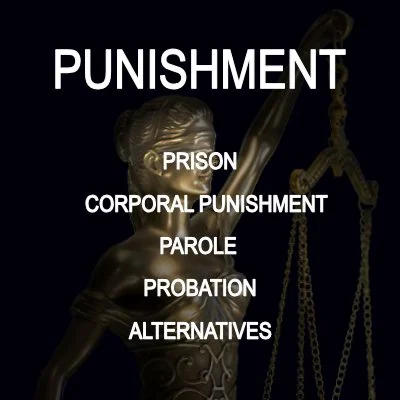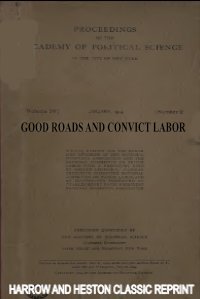By Lulit Shewan
An exploitative labor economy exists within the confines of this nation’s prisons. This is a fundamental pillar of the criminal justice system, yet it is largely concealed from public view. In the United States, all state and federal prisons allow some form of involuntary labor as part of various correctional work programs. Even when prison labor is ostensibly voluntary, the combination of meager pay (often less than $1/hour) and the presence of harsh alternatives creates an inherently exploitative system that depends on the labor of those behind bars and perpetuates a cycle of exploitation and marginalization. Prison labor amplifies deep-seated issues within the criminal justice system and casts a stark light on the intersection of labor rights, social justice, and the ethics of incarceration
The Exploitative Prison Labor Economy
Incarcerated men and women toil in workshops, kitchens, and fields, producing goods and services that reach far beyond their confinement. From manufacturing furniture and processing food to fighting fires and working in call centers, their labor fuels supply chains, corporate profits, and consumer markets. Yet these workers remain invisible, their contributions often overlooked or dismissed. The commodification of their labor perpetuates a cycle of vulnerability, where meager wages and limited rights prevail. In the intricate tapestry of the prison industrial complex, we confront a profound challenge that transcends temporary reforms. The only holistic and ethical approach calls for a paradigm shift, a reimagining of justice itself. Within this context, we fiercely advocate for granting incarcerated individuals fundamental rights: the right to choose voluntary work and earn fair wages, and the freedom to join unions. These rights are not concessions; they are affirmations of human dignity and agency, and are necessary to improving the material conditions of incarcerated people.
Washington, DC: CLASP, 2024. 6p.





